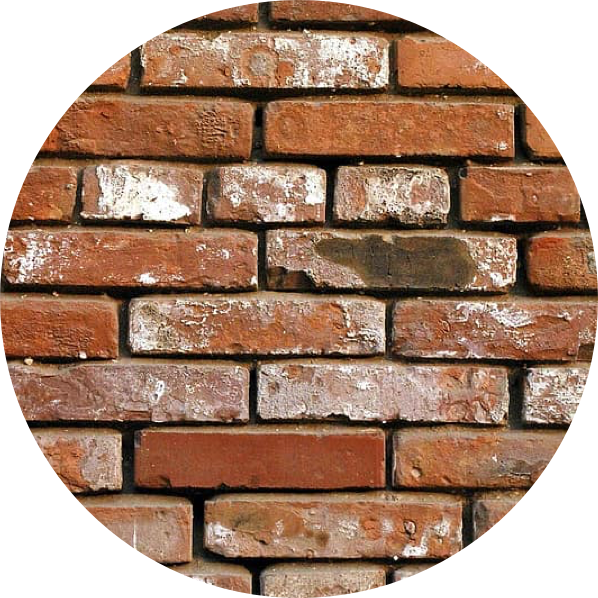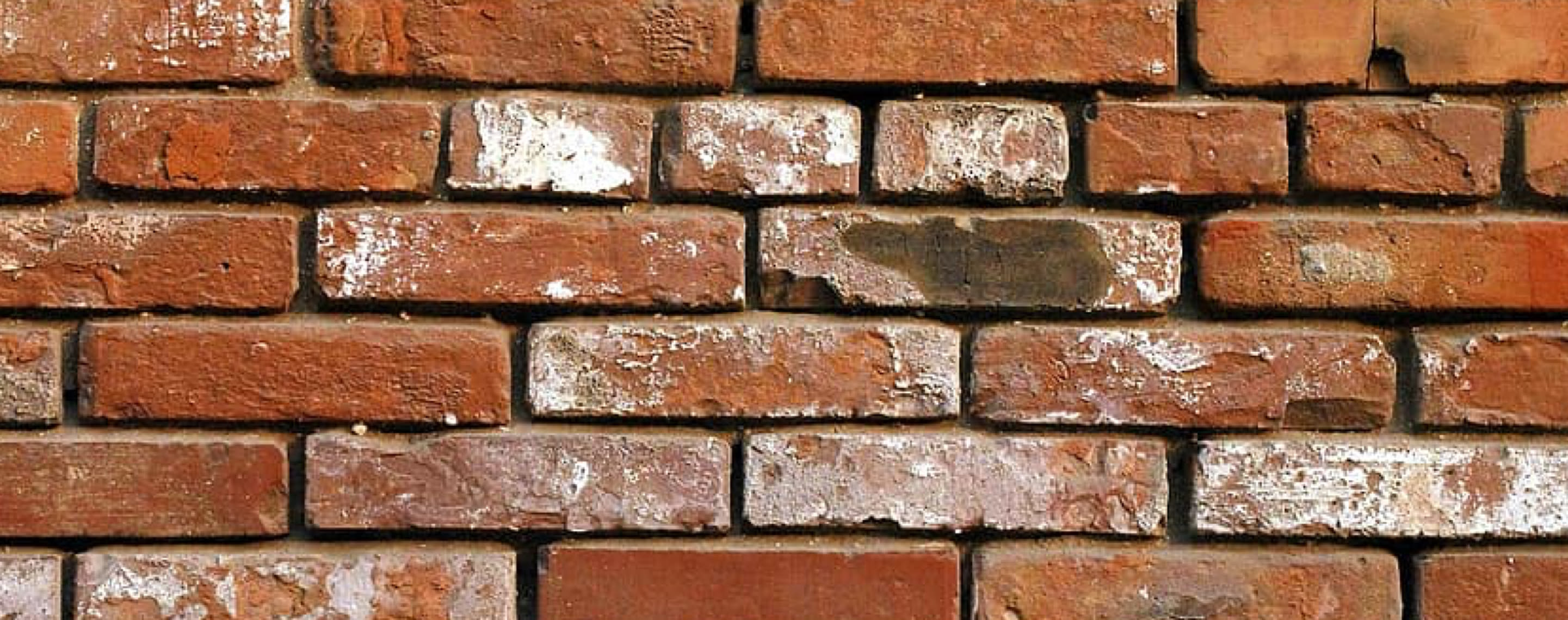Education
What is the Skin Barrier and Why Does It Matter?


SHARE
Education
What is the Skin Barrier and Why Does It Matter?
Medically reviewed by Aimee Paik, MD
Written by Daley Quinn
Last updated 11/1/2024
From pimple patches to exfoliating toners, to cleansing balms and sleeping masks, Korean beauty product trends have made a huge impact on the American beauty industry today. Just a few years ago, the 12-step K-beauty routine became a staple lineup in everyone’s bathroom cabinets, with shelfies of 20+ products on everyone’s Instagram grids. Although there are so many benefits to incorporating K-beauty into your routine, there’s one aspect we might have taken a bit too far: exfoliating the heck out of our skin. We’ve become obsessed with the act of cleansing and stripping our skin morning and night, and now we’re starting to pay the price—we’ve over-washed, over-exfoliated, and overworked our poor skin barriers into oblivion.
What is the skin barrier, you might ask?
Your skin is made up of layers, the skin barrier being the outer surface. Your skin barrier includes the stratum corneum, which is the outermost layer of the epidermis and is composed of lipids, skin cells, fatty acids, and amino acids. The skin barrier is pretty important, considering it’s what protects your skin from environmental aggressors (think UV rays and pollution), and also works to retain moisture within the skin. Without a strong skin barrier, your skin can become easily damaged.
How do you know if your skin barrier is damaged?
It’s not too difficult to discern whether your skin barrier has been compromised and damaged. “Your skin barrier is likely compromised if you have red, irritated bumpy skin or excessive dryness and peeling,” explains Dr. Aimee Paik, a board-certified dermatologist. “If your skin barrier is weakened, your skin will lose water easily and become dry and prone to developing eczema, a form of skin irritation.” Plus, an impaired skin barrier can worsen acne, too.
How does skin barrier damage occur?
Unfortunately, there are multiple ways in which your skin barrier can be compromised, some of which you can’t really control. The changing weather is one contributing factor, especially during the winter. When humidity is low during these colder months, it’s more likely to dry out your dermis and cause moisture-loss, further weakening your skin barrier.
On the flip side, other factors that can contribute to a weakened skin barrier are ones within your control. “Physical factors such as overwashing your face can aggravate your skin barrier, as can using harsh exfoliating scrubs and brushes,” says Dr. Paik. “Chemical factors can also impair your skin barrier—this includes using foaming cleansers that tend to be drying or using excessive amounts of active skincare ingredients such as alpha-hydroxy acids, salicylic acids, benzoyl peroxide, and retinoids.” Additionally, plant-based cosmeceuticals common in many trendy skincare products can also cause irritation and aggravate your skin barrier, too.
How to repair the skin barrier
First off, it’s important to be using a simple facial moisturizer daily to keep your skin barrier healthy and to help improve acne—look for products with emollients and ceramides for added protection against the elements. Unfortunately, acne medications can be irritating but are very important for the treatment and prevention of pimples. “Judicious use of key skincare ingredients will help your skin look its best and avoid excessive irritation,” says Dr. Paik. “You should avoid redundant skincare products, such as using an over-the-counter retinol alongside a prescription retinoid, or a retinoid with salicylic acid.”
If you feel that your skin barrier might be weakened or compromised, it’s important to talk to your dermatology team about your skin. “Your provider on Apostrophe's platform can help you sort out which skincare ingredients or products are most important for your skin type,” assures Dr. Paik.
Like what you just read? Sign up for our email list to get the scoop on skincare science delivered straight to your inbox.

Deep Dives
A dermatologist shares his thoughts on the recent studies about benzoyl peroxide and benzene.
Read More
Education
What is milia?
What is milia? Today, we’re jumping into one type of bump that you may have heard about most commonly in infants — milia.
Read More
Education
Best moisturizer for acne-prone skin
If you have combination acne-prone skin, figuring out which moisturizer is best for your skin might be tough. In this guide, we break down the best moisturizer for combination, acne-prone skin.
Read More